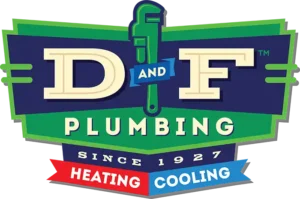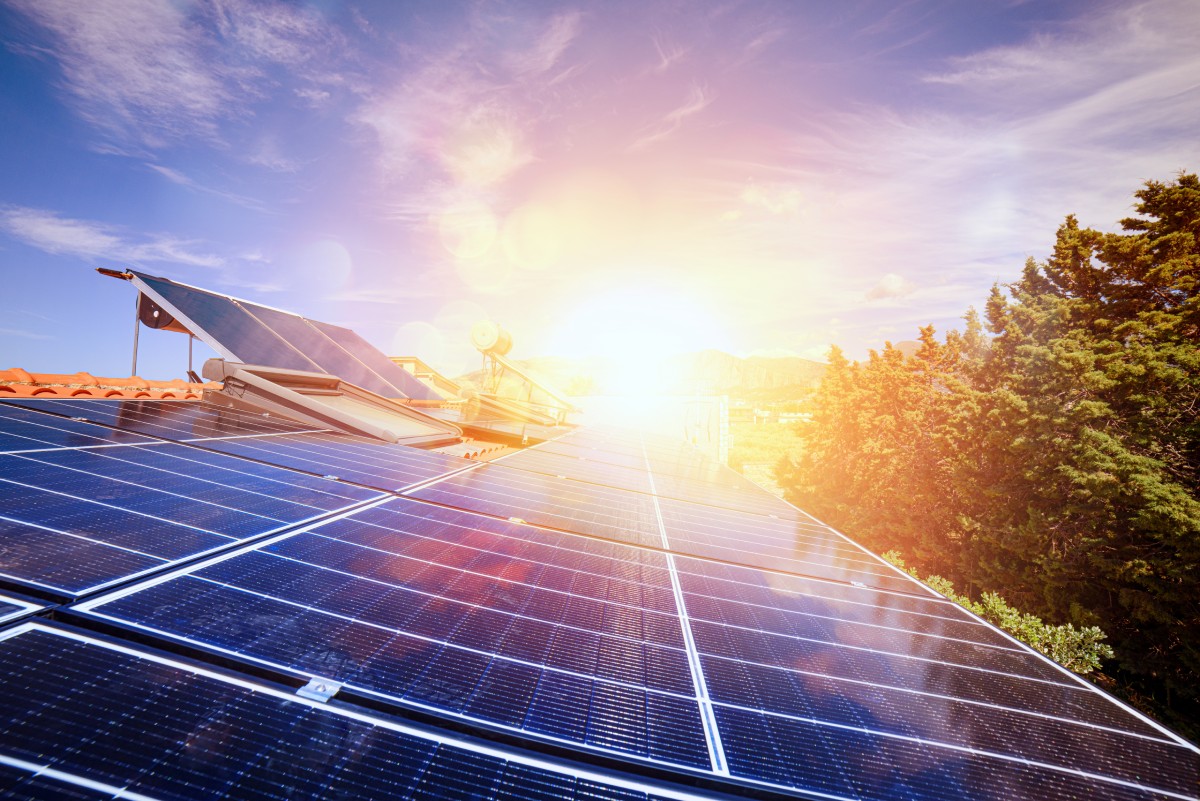Just a few weeks ago, the Inflation Reduction Act was passed and it will have a big impact on your wallet as a homeowner.
While it’s yet to be seen if this new act will have an impact on the cost of gas and groceries, it will make transitioning to an all-electric, energy-efficient lifestyle more affordable.
We wanted to share all the details, and highlight how we can help you make the switch with ease. Here is the best info we have at this point:
What is the Inflation Reduction Act? (IRA)
The Inflation Reduction Act is a new act that was passed with the intention of reducing inflation in the United States. Some of the ways it can attempt to do this is by offering incentives for people to switch to more energy-efficient systems in their homes, like heat pump water heaters.
These incentives will come in the form of tax credits and rebates for the purchase and installation of new clean energy technology.
What home improvements will be incentivized?
The IRA will incentivize a variety of home improvements, but one that will have a big impact on your plumbing is a new water heater. If you upgrade to a high-efficiency all-electric heat pump water heater, you could receive up to $1,750 in tax credits and rebates.
Here are some other non-plumbing-related home improvements you can make to receive similar incentives:
Installing rooftop solar: The IRA provides 30% off the cost of rooftop solar, which amounts to average savings of $7,000, according to estimates from the Sierra Club. The bill also offers 30% off the cost of home batteries for the first time.
Switching to electric appliances: The Inflation Reduction Act offers homes up to $14,000 in rebates to switch over to electric appliances — covering up to 50% of the costs for moderate-income households and 100 percent of the costs for low-income households.
This includes up to:
-
$8,000 for a heat pump, which serves as an air conditioner in the summer and heater in the winter
-
$1,750 for a high-efficiency, all-electric heat pump water heater
-
$840 for an electric induction cooktop
-
$840 for a high-efficiency all-electric heat pump clothes dryer
-
Up to $9,100 for enabling improvements to the electric panel, wiring, and home insulation
Improving energy efficiency: An alternative rebate option offers to cover more than 50% of the cost of whole-home energy efficiency retrofit or more than 80% in the case of homes occupied by low to moderate-income households.
Households that do not participate in either rebate program can still claim a variety of home energy tax credits, which are improved and extended for 10 years by the bill.
And if you invest in rental homes or apartments: The IRA’s investment incentives aren’t just for individual homeowners. The bill provides rebates of up to $400,000 for whole-building energy efficiency retrofits in large multifamily apartment buildings as well as grants and loans worth $1 billion in total for improving efficiency and installing zero-emission equipment in affordable housing units.
There are also other credits for purchasing new and used electric vehicles.
Benefits of upgrading to a heat pump water heater
Water heaters usually only last 8-12 years, so if yours is nearing the end of its life, you might be due for an upgrade anyway. And with the IRA, there is no better time to switch to a more energy-efficient water heater. Here are 5 benefits of heat pump water heaters:
1. Save money on your energy bill: Heat pump water heaters are 4x more efficient than standard electric water heaters, so a typical family can save around $300-400 per year by switching. This helps offset the cost of installation, which is generally higher for these much more efficient pieces of equipment.
2. Longer lifespan: Heat pump water heaters tend to last longer. Between 10-15 years, while a standard water heater will only last 8-12.
3. Less wear and tear: Since heat pump water heaters don’t use as much electricity to heat water, there is less wear and tear on the system overall. This means you can go longer without needing repairs or replacements.
4. Environmentally friendly: Heat pump water heaters don’t use as much electricity, which means they produce fewer greenhouse gas emissions. In fact, when compared to gas water heaters, studies have shown a reduction in emissions by 50% and more!
5. Functions as an A/C: If your water heater is located inside your home, the heat pump water heater can also help with cooling in the summer. By moving heat from the water in the tank to the air around it, the water heater takes on a dual role as an air conditioner.
Can I start taking advantage of these benefits now?
Starting in 2023, tax credits and rebates will be available for many of the home improvements listed above. So if you’re thinking about making any upgrades to your home, it may be worth waiting just a little longer to receive a bigger discount.
In the meantime, our Plumbers in Plaid can help make sure your water heater is in good shape to last until it’s time to upgrade in 2023.
Fall is quickly approaching, which means now is the perfect time to schedule a check-up or maintenance appointment for your water heater. We can also show you the options available if you want to upgrade to a new water heater in the new year. Here’s to saving money and energy in the years to come!
The Plumbers in Plaid
P.S. Want to learn more about high-efficiency heat pump water heaters? Click here.


